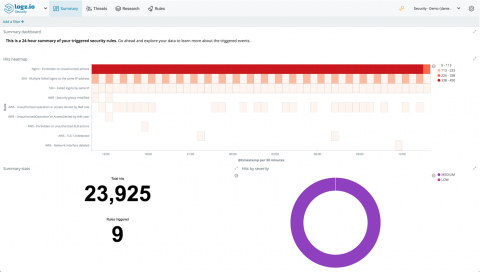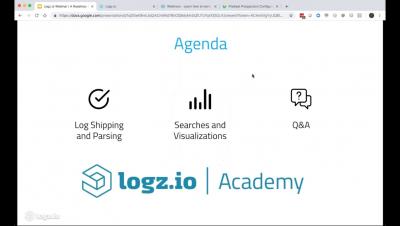What Is a DDoS Attack?
Imagine the following scenario: you’re running a small corporate website, and suddenly, your service becomes unreachable, throwing a 503 (service unavailable) http error at your customers and website visitors. The irritated messages start flooding in to support. Worried, you walk through the usual administrative checks, to make sure it’s not what you think it is. Is the webhost up?











